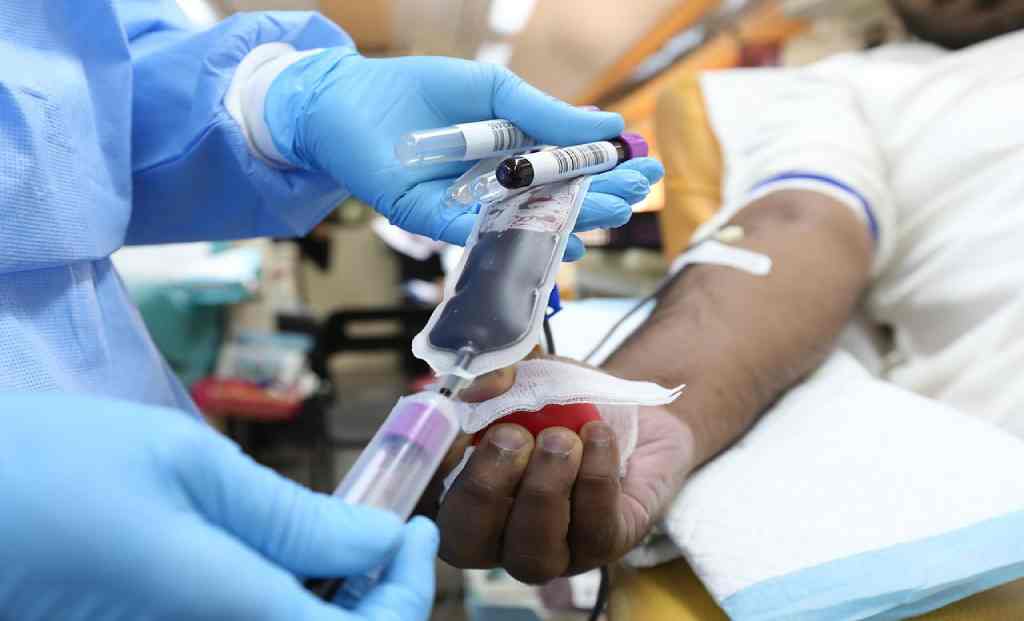By – Dr Sanjay Gupta, Senior Consultant, Internal Medicine, Paras Hospitals, Gurugram
Donating blood is a selfless act that saves lives, but misinformation can hinder potential donors. Let’s dispel the myths and encourage this noble gesture.
Myth 1: My body will be deprived of blood
Many potential blood donors hesitate due to the fear of losing too much blood. However, this is simply a myth. When you donate blood, only 500 mL (half a litre) is taken, which is just a fraction of the total blood volume in your body. For a normal adult, blood circulates at a rate of 4.5 to 5.5 litres per minute. The fluid you lose during donation is swiftly replaced by your body. In fact, if you ensure proper hydration after the process, your body can restore the lost blood within hours.
Myth 2: Donating blood weakens the immune system
Another common misconception is that donating blood weakens the immune system. In reality, the opposite is true. After donating blood, your body initiates the replenishment of the blood that was given. It may take a few weeks for the white blood cells, the warriors of the immune system, to return to normal levels. However, in the presence of a threat, the body can generate these cells swiftly. Extensive research has shown that blood donation does not harm the immune system of a healthy individual.
Myth 3: A person who is taking medication is unable to donate
While there are certain medications that may restrict blood donation, the notion that all medication disqualifies a person from donating is only partially true. In most cases, the use of medication does not hinder blood donation. It is advisable to consult with a physician before donating to determine if your specific medications affect your eligibility. By discussing your concerns with a healthcare professional, you can gain clarity and make an informed decision.
Myth 4: If I give blood, you can get an infection
Many potential donors worry about the risk of infection when donating blood. Rest assured, blood donation procedures adhere to strict hygiene and safety protocols. The area where the needle is inserted is prepared in a sterile manner, greatly minimizing the chances of infections. All needles used for blood donation are new, sterile, and disposed of after a single use. Therefore, the risk of contracting a bloodborne illness through blood donation is virtually non-existent.
Myth 5: Women are not allowed to donate blood
It is a common misconception that women are unable to donate blood. In reality, women are fully capable of donating blood, just like men. The only circumstance where women, as well as men, might be ineligible is if they have a low hemoglobin level or are anemic. To donate blood, an individual must have a hemoglobin level of at least 12.5 grams per deciliter (125 grams per liter). Anything below this threshold is considered ineligible for donation.
By debunking these common myths, we hope to encourage more individuals to consider donating blood. It is a safe, selfless act that can save lives and make a significant impact in our communities. Don’t let misconceptions hold you back from contributing to this noble cause. Donate blood and be a hero today.

